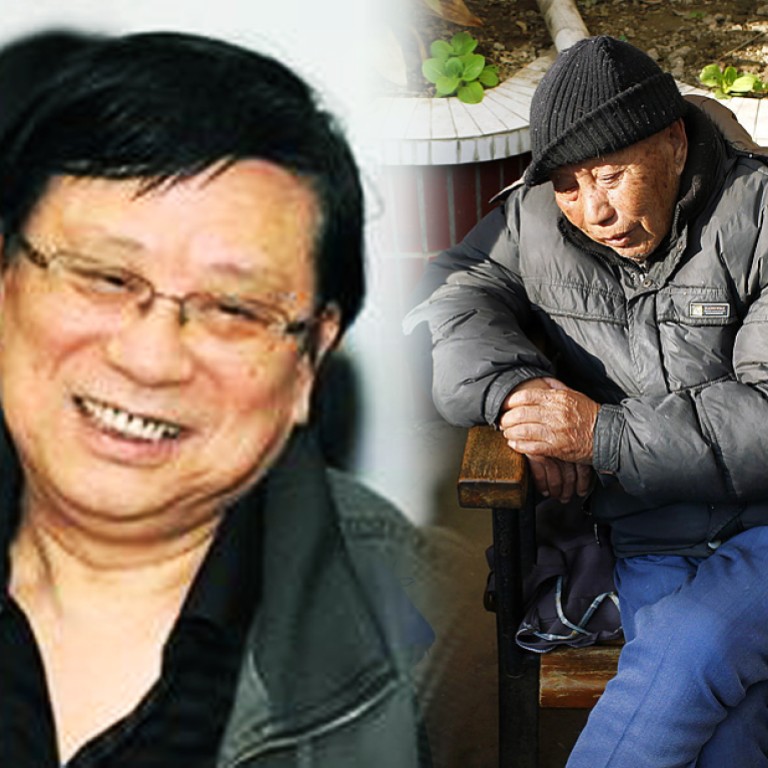
Raising retirement age in China ‘unwise’, says expert at government think tank
Researcher says further relaxing the one-child policy to boost the size of workforce the best way to cope with the higher welfare and pension costs of millions more retiring
An expert on China’s social security system has described the government’s plans to raise the retirement age to cope with the nation’s ageing population as unwise, according to a newspaper report.
Tang Jun, a researcher at the Institute of Sociology at the Chinese Academy of Social Sciences, warned the government could not be too careful when introducing the policy of raising the retirement age and forcefully pushing through the plans would lead to “worrying consequences”, the Huashang Daily newspaper reported.
The Human Resources and Social Security Minister Yin Weimin announced yesterday that China would roll out a detailed plan by 2017 to raise the retirement age. He said it was inevitable that people would have to work longer as the number of people retiring increased, putting a huge strain on the country’s pension system.
Tang told the newspaper the best plan was to encourage people to have more children to help with welfare costs and to boost the size of the workforce and the second best method was to accept immigrants to also increase the size of the country’s labour force.
“The worst plan is to postpone retirement,” he was quoted as saying.
Tang suggested employers and employees be allowed to negotiate the retirement age themselves, a system that Shanghai adopted in 2010 but which has so far only received a lukewarm response from the public.
Other experts have previously called for a further loosening of the one-child policy to boost the future size of the workforce, while others have urged caution.
Liu Binjie, the director of the education, science, culture and health committee at the National People’s Congress, said the policy to allow couples to have two children if one parent was an only child had not yet been fully implemented and any further easing of the rules would hamper the continuity and stability of government’s policies.
China partially eased its stringent one-child policy in late 2013, but the relaxed rules have yet to result in a baby boom.
Kong Weike, a delegate at the Chinese People’s Political Consultative Conference, the nation’s main political advisory body, said the reforms should go further and highly educated couples should be allowed to have three children in order to “adjust the quality of the population”, China.com.cn reported.
Kong said the one-child policy had in recent years led to a decreasing birth rate among highly-educated people in cities.
He suggested some couples be allowed to give birth to three or even more children and receive government subsidies if one parent held a doctorate degree.

